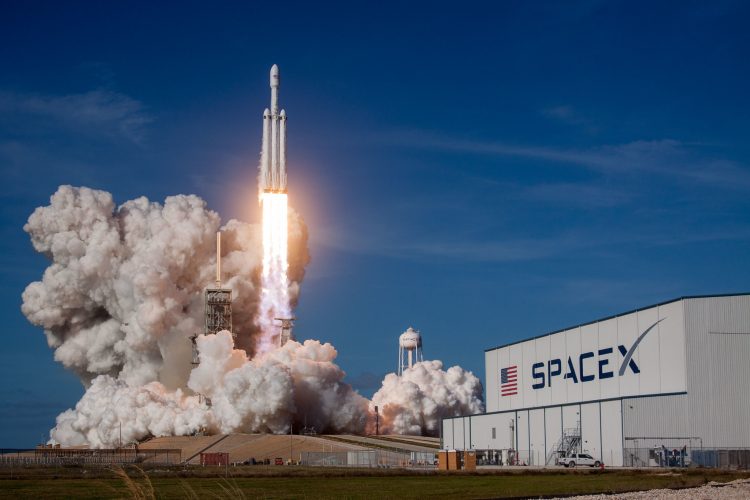NASA said Monday that NASA astronaut Mark Vande Hei will return from the ISS later this month aboard a Russian Soyuz spacecraft as previously planned. The space agency sought to reaffirm Monday that it’s still working closely with Russian space agency Rocosmos on the International Space Station, despite mounting geopolitical tensions.
Vande Hei, who launched the ISS in April 2021, is slated to make his return trip on March 30. He’ll land aboard the Russian Soyuz spacecraft in Kazakhstan, as is customary. NASA officials did not say if there would be any significant changes to plans to get Vande Hei back to the United States after he lands. He’ll travel home via a Gulfstream jet, as other US astronauts have before him.
For nearly a decade, Russia’s Soyuz vehicles have been the only means of getting astronauts to and from the space station. But that reliance ended after SpaceX debuted its Crew Dragon capsule in 2020, and the US regained human spaceflight capabilities.
The US still has previously purchased seats on Russian vehicles for NASA astronauts, however, and there are tentative agreements for US astronauts to ride on Russian Soyuz vehicles and for Russian cosmonauts to fly with SpaceX in the future.
Joint operations between NASA and Roscosmos at the Russian facilities at Baikonur, Kazakhstan “continue to go well,” Joel Montalbano, the manager of NASA’s International Space Station program, said, “I can tell you for sure Mark [Vande Hei] is coming home” on the Russian Soyuz spacecraft.
Montalbano’s remarks come as Roscosmos chief Dmitry Rogozin made several fiery social media posts directed at the United States, including a heavily edited, partially animated video that appeared to threaten that Russian astronauts would abandon Vande Hei in space. Rogozin has long been known to share outlandish statements on social media.
Amid Russia’s invasion of Ukraine and subsequent sanctions from the United States and its allies, Rogozin has also grounded the launch of telecom satellites from UK-based startup OneWeb. He’s also pledged to no longer sell Russian-made rocket engines to US companies.















